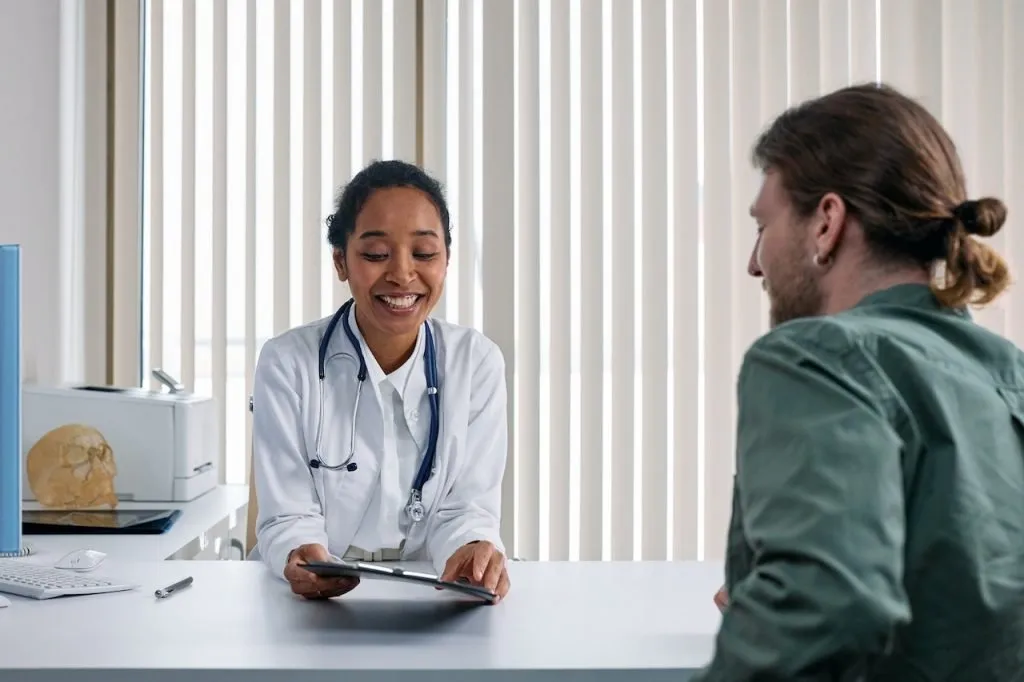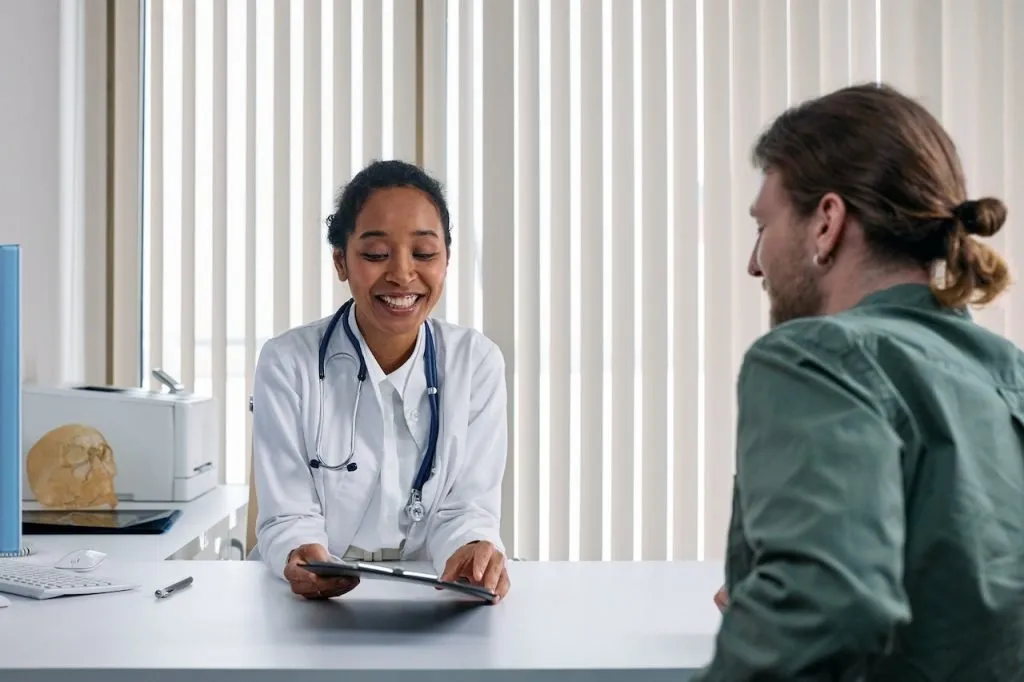24/7 Helpline:
(866) 899-221924/7 Helpline:
(866) 899-2219
Other Insurance Options

UnitedHealth Group

Optum

State Farm

Covered California

WellPoint

Ceridian

Ambetter

Lucent

Magellan

CareSource

BHS | Behavioral Health Systems

MVP Healthcare

Cigna

ComPsych

Health Partners

Anthem

WellCare Health Plans

UMR

AllWell

American Behavioral

Genesis Ministries
Genesis Ministries is a faith based nonprofit addiction treatment center found in Kennesaw, GA. This...

Alana Recovery Center – 1050 Shiloh Road
Alana Recovery Center is a Kennesaw drug and alcohol treatment center that supports adults with subs...

Alana Recovery Center – 1301 Shiloh Road
Alana Recovery Center, in Kennesaw, Georgia, is a 12 step-focused drug and alcohol rehab for adults ...

Comprehensive Therapy Childrens Center
Comprehensive Therapy Childrens Center is a private rehab located in Kennesaw, Georgia. Comprehensiv...

Devereux Advanced Behavioral Health Georgia
Devereux Advanced Behavioral Health Georgia offers inpatient treatment for individuals with alcohol ...

HERO House
HERO House is a private rehab located in Kennesaw, Georgia. HERO House specializes in the treatment ...

Treatment Center of America
Treatment Center of America is a private rehab located in Kennesaw, Georgia. Treatment Center of Ame...
















